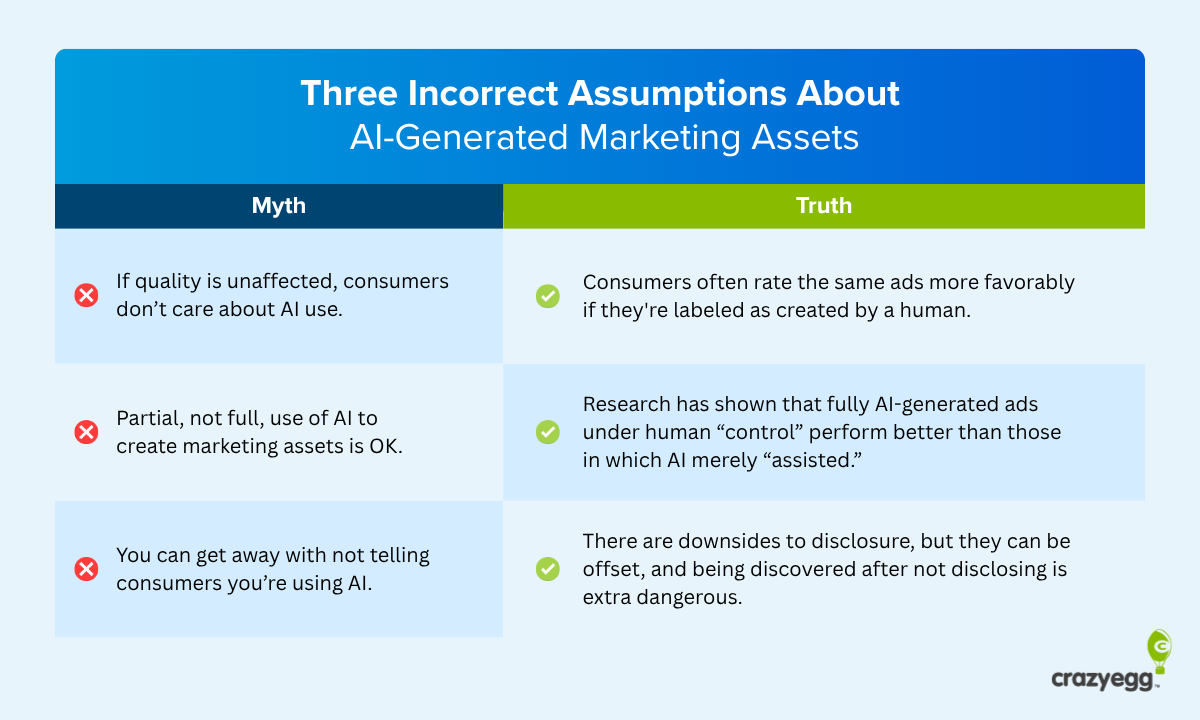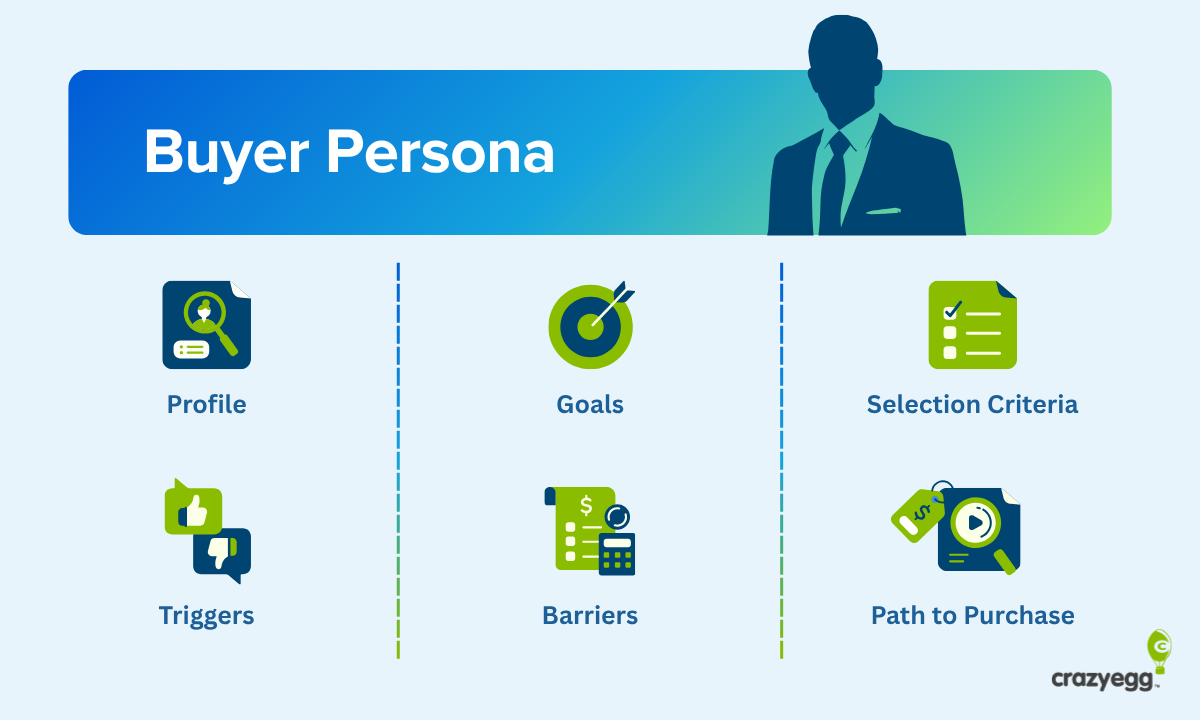The Google reviews you read about a restaurant you want to go to, that’s social proof. The hope is that you read these reviews and they persuade you to go to the restaurant. Video testimonials, user-generated content, and real-time purchase stats are social proof too.
Social proof is based on the idea that we look to other people to help us make a decision. A lot of brands are using it. But these six social proof examples are the only ones you should take inspiration from:
- Amazon’s video reviews
- GoPro’s user-generated content
- Kettle & Fire’s verified buyer labels and customer reviews
- United by Blue’s achievements
- OptinMonster’s real-time purchase stats
- Fenty Beauty’s influencer campaigns
Amazon’s Video Reviews

Amazon is the world’s largest, and arguably most favorite, online retailer. You can find pretty much anything on Amazon. But more importantly, you can find a lot of people talking about what they bought on the platform.
Their written customer reviews and 5-star rating system are good social proof and are go-tos for most customers. But what I think is even better is their video reviews on their product pages. You want to see how something works and what it looks like before you buy, and these videos let you do just that.
What I like about Amazon’s video reviews: They make it a point to display videos from all kinds of people. They give you a few rows of videos to sift through so that you can really find the kind of feedback you’re looking for. Every product page has videos, which I think is smart because that’s where most people want/need them to help them make a decision.
Why you should take inspiration from Amazon: They’ve mastered giving customers what they need to make a decision: videos of other people like you giving their honest review of a product. They’ve also mastered putting these videos exactly where their customers want them. Strategic placement of social proof is a huge part of it working.
What I think could be better: The videos are too far down on the page. And I think a lot of people don’t scroll down that far to find the videos, so they’re missing out on getting questions answered that product descriptions and pictures can’t answer. They should put the videos above the “products customers bought together” section.
How to do what they do: Ask customers to submit video reviews of the products they buy to a designated email. Or, you could have them use a hashtag on social media when they post a video about your products on their page.

You should also give customers an incentive to submit their videos. Amazon has an affiliate program and an influencer program where you can get paid for views and engagement on videos, as well as purchases based on them. Your incentive doesn’t have to be this big. But it should be enticing, like a hefty discount on their next purchase.
GoPro’s User Generated Content

GoPro has transformed the way people capture and share their lives visually. Their products let people record memorable moments in the most immersive way and relive them like it was yesterday. There’s no better way to convince people to buy their products than showing this is exactly what’s happening.
Their user-generated content (UGC) is some of the most captivating social proof I’ve seen. If you need to know what kind of moments you can capture before you buy one of their products, the videos and pictures from customers will tell you.
What I like about GoPro’s UGC: They use a mix of videos and still shots to show how versatile their cameras are. They show people doing a variety of things, from biking to kayaking to traveling to scuba diving. It makes you get into your imagination about where you could go and what you could document with one of their cameras.
Why you should take inspiration from GoPro: They really romanticize living life with the UGC videos and pictures they choose. It’s like a collection of places and things people only dream of doing, and that draws you in.

They also do a good job of making their customers feel valued by tagging the person who the UGC comes from in the caption. Plugging the product and the mode the person used is another nice touch.
What I think could be better: I know GoPro’s brand is rooted in worldly adventures and the outdoors. But some more UGC from people doing everyday things, like the video below with someone golfing, could help the brand feel more accessible to people and open up their customer base.

How to do what they do: Much like video reviews, you need to establish a way for people to submit UGC. Creating a hashtag specifically for UGC is probably the best way to go.
Customers can post their videos on their page, tag your brand, and use the hashtag in the caption. Visit this hashtag and your mentions every day to compile UGC. Send the person a quick DM asking for permission to use their content on your page and give them a discount on their next purchase.
Also, it’s a big deal to get featured on GoPro’s IG. There’s a chance for millions of people to see your video or picture. And you have the opportunity to gain more followers because they tag you. Make getting featured on your page a big deal like this by actively growing your following.
Kettle & Fire’s Verified Buyer Labels and Customer Reviews

Kettle & Fire is such a niche business that it was hard for me to believe just how big they are. They’re a go-to bone broth brand with hundreds of thousands of customers, many of whom’ve left reviews.
We all know just how much people rely on reviews from others to make a purchasing decision. And they’ve got over 50,000 of them for you, not to mention an entire page dedicated to customer stories.

What I like about Kettle & Fire’s verified buyer labels and customer reviews: Sometimes, people are skeptical about reviews because businesses fake them.
But that verified buyer badge changes the game. You can only get these badges from specific platforms. And they have an actual process to verify that a real customer is leaving the review. The badge tells customers they can trust that what’s being said is coming from a real person.
Why you should take inspiration from Kettle & Fire: They truly give their customers a voice and show them that their feedback is important with the Customer Stories page. Not only do they rely on regular customers for reviews, but they also ask experts and other prominent figures who use their products to share their experience. It’s a nice balance.

What I think could be better: I know a lot of people don’t like taking pictures, let alone sharing them with strangers. But reviews with a picture of the person leaving it next to it always felt a little more authentic to me than just the name of the person.
How to do what they do: Encourage customers to leave reviews. Don’t just send them a survey a few days after their purchase via email.
Actively seek out reviews with requests for one-on-one interviews. Or, send repeat customers an exclusive invitation for a review and a free product for participating. Reach out to people on social media who leave positive comments on your posts, and ask to screenshot and use these comments on your website.
Also, get that verified buyer badge set up. Shopify has its own verified buyer badge, where they automatically verify reviews where the email address matches a customer in your store’s order history.

A lot of businesses use Judge.me for their verified buyer badge. They also verify reviews and buyers based on whether the reviewer’s email address matches an email in your customer list.
United by Blue’s Achievements

United by Blue is more than just another sustainable outdoor lifestyle brand. Their mission is much bigger than selling eco-friendly clothes, socks, bags, accessories, and household items. They’re dedicated to cleaning up and taking care of the world’s oceans and waterways.
What they’ve achieved with their mission is where the social proof comes in. They’ve removed millions of pounds of trash from the world’s oceans and waterways, and keep an active count on the home page of their website.
The hundreds of thousands of people who are also dedicated to the same mission will definitely want to participate in this movement. And all they have to do is make a purchase.
What I like about United by Blue’s achievements: The way they display their achievements isn’t boastful. And it helps so much that what they’ve achieved is connected to something deeper.
They also highlight their B Corp status to further solidify their stake in making the planet healthier. B Corp certification is for “businesses that meet the highest standards of verified social and environmental performance, public transparency, and legal accountability to balance profit and purpose.”

Why you should take inspiration from United by Blue: Social proof isn’t limited to reviews and UGC. If people align with your mission and can see just how much you’ve achieved with it, that might be all the convincing they need to make a purchase.
What I think could be better: They have a page where they talk about their mission and the types of cleanups they do. But I think one or two quotes from people who’ve participated in these clean-ups under the count on the home page could really hammer home how meaningful the mission is.
How to do what they do: First and foremost, you need a mission that’s tied to something bigger than you. Planet health, ending childhood hunger, or clothing disadvantaged communities are good ones. Whichever you choose, make sure it aligns with your brand’s values and identity.
After that, figure out how you’ll give back to accelerate that mission. United by Blue is cleaning up waterways. You could donate a pair of shoes for every five you sell. Or, for every meal you sell, you send one to someone who needs it.
Then, you can keep count and track progress toward a specific goal in real time by setting up a countdown on your website’s home page.
OptinMonster’s Real-Time Purchase Stats

OptinMonster is a really successful lead generation software company. People buy their products every day. And you can see it yourself with their real-time purchase stats. Every minute or so, you see a small pop-up in the left-hand corner of the page that tells you who just bought something from them.
This is one of the best social proof examples because it shows that the product is in demand. And it taps into fear of missing out (FOMO) a little bit. It makes you feel like everyone is buying OptinMonster, and you don’t want to be left out of the loop.
What I like about OptinMonster’s real-time purchase stats: I like that the stats just keep popping up. You’re constantly reminded that people are buying this product, and that makes you feel like you should too. I also appreciate how the stats don’t come up on every page, just the ones that really matter, like the home page, about page, and testimonials page.
Why you should take inspiration from OptinMonster: A lot of businesses might be afraid to show real-time stats. Not OptinMonster. I’m sure the purchases weren’t rolling in at first, but they still decided to be transparent with customers and show them, “Hey, things are picking up.” You should do the same.
What I think could be better: You can actually click on the stats, and it takes you to a purchasing page. If you scroll down on that page, there are also reviews and answers to FAQs to usher you along in your decision to make a purchase.

I would like it better if the stats took you to a page with only reviews, FAQs, and a count of how many people purchased that day. Or if they were to keep the page they have, it would be better with the reviews and FAQs at the top of the page and the plans and pricing at the bottom.

How to do what they do: TrustPulse is the go-to software for real-time purchase stats. You can set it up in minutes, and it’s super affordable with its Basic plan starting at $5 a month when billed annually.
Fenty Beauty’s Influencer Campaigns

When influencer campaigns are done right, meaning using influencers that your customers keep up with and creating content that feels authentic and approachable with those influencers, they are powerful social proof. Fenty Beauty proves that.
Rihanna is already a huge celebrity herself. But she’s managed to pick the perfect influencers to promote her brand for her, some paid, some just so in love with the makeup line that they share their thoughts just because.
What I like about Fenty Beauty’s influencer campaigns: Fenty Beauty doesn’t rely mostly on celebrity influencers or people with huge followings. They also don’t rely mostly on regular people as influencers. They have the perfect mix of influencers, which helps them create and resonate with a customer base full of different kinds of people.

Why you should take inspiration from Fenty Beauty: With influencer campaigns, there’s a thin line between coming across as genuine and coming across as a brand that pays people to give good reviews.
Fenty Beauty shows you how to still come across as genuine even when you use high-level people, with their mix of influencers. They go as high as celebrities like GloRilla while also having makeup girlies like Faaya. They really appeal to their broad audience of makeup fans.

What I think could be better: They have a good mix of influencers. And the brand is considered high-end, so the influencers fit that too. But they would benefit from bringing some more micro influencers on board (those with 5,000 to 100,000 followers), or maybe just highlighting everyday women more.
They’re the ones buying the products more than anyone, and should be celebrated for it. I think it would also resonate more with potential customers who aren’t keen on believing reviews from people who may be getting paid for them.
How to do what they do: Start with 1-2 influencers first until you learn how to best develop these relationships, and have the capacity to bring on more. Identify who your customers are following by clicking on a handful of your followers’ profiles and seeing who they follow.
Choose 1-2 people with a solid following who keep popping up. Look at their profiles and influencer brands to determine if they would be a good fit to work with. They should have a similar follower base as you that engages with them, work with the same products or services, and regularly share their opinion.
From there, you can start building a relationship with them. Comment on their posts often and get the conversation going. Only after you have some sort of rapport with them should you reach out to influencers. They’ll be more likely to work with you if they’re familiar with you.
Approach them with an actual plan for a project that you think fits them. If they agree, off you go. Make sure you get details in writing and a contract signed that says what they’re expected to produce and what they get in return.






